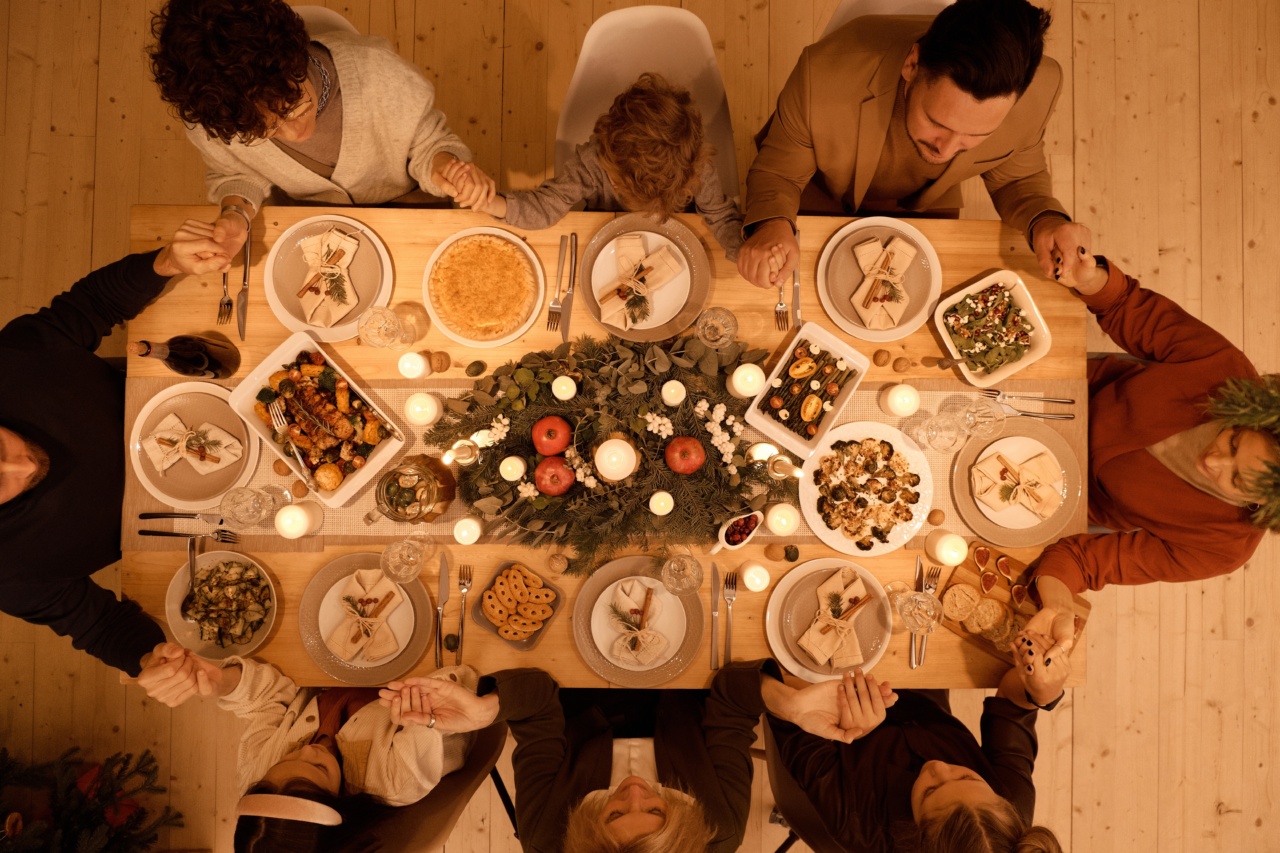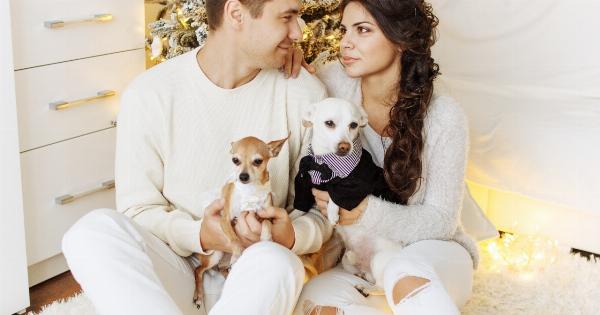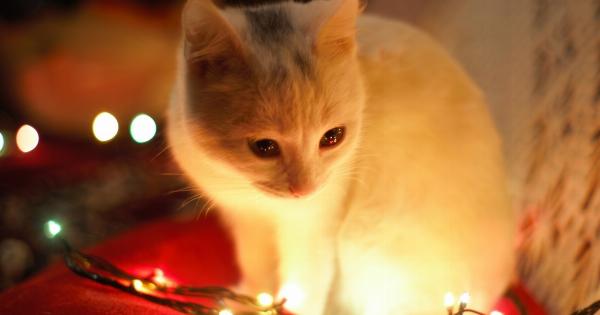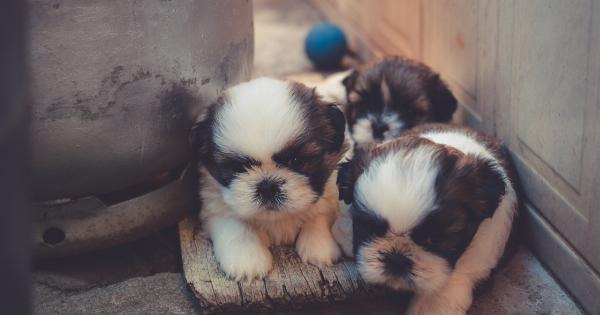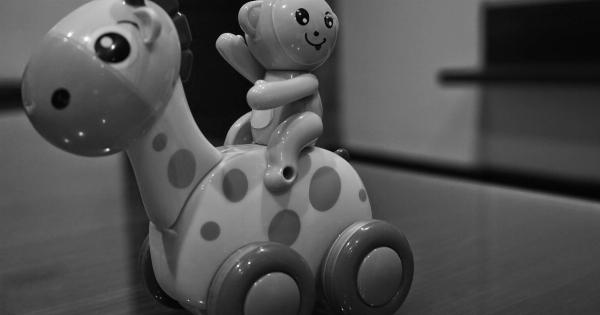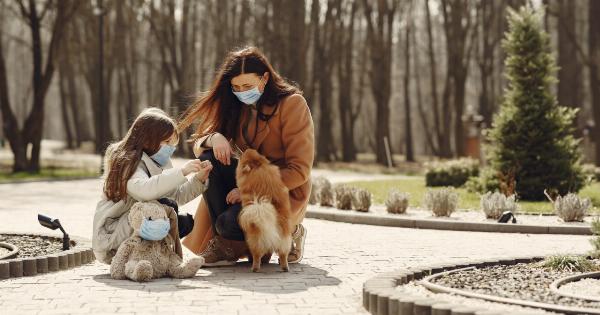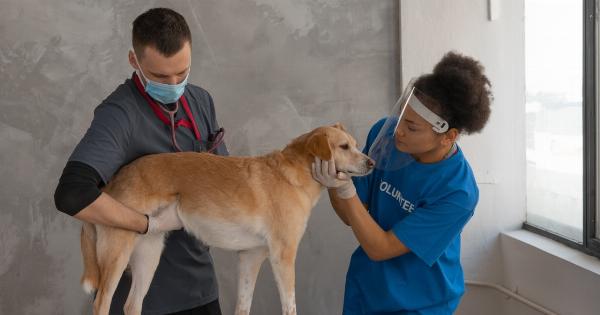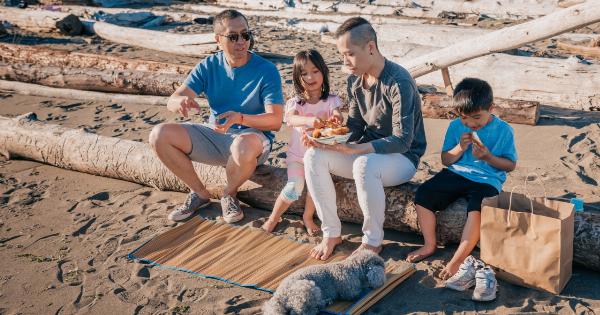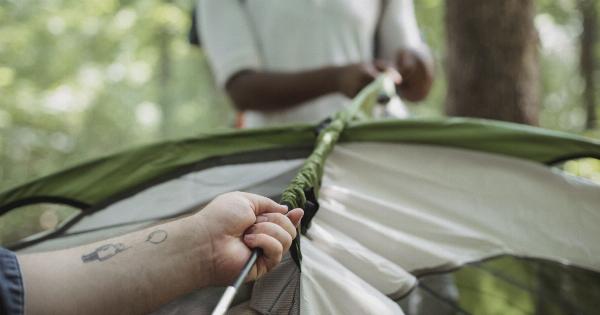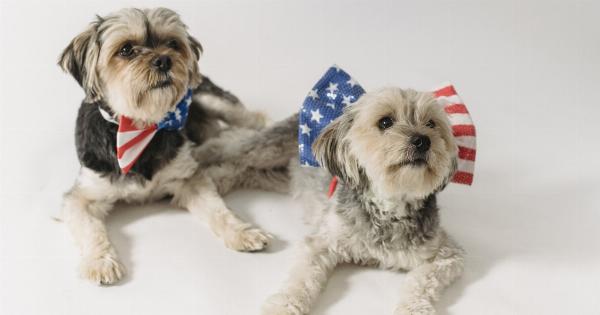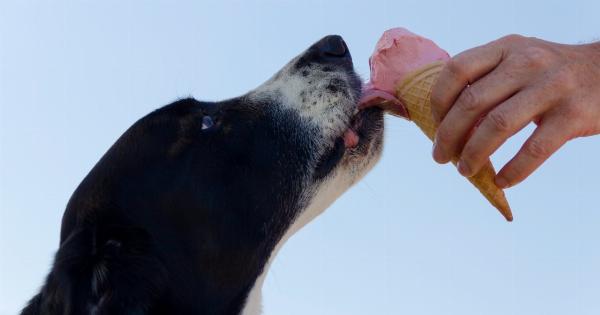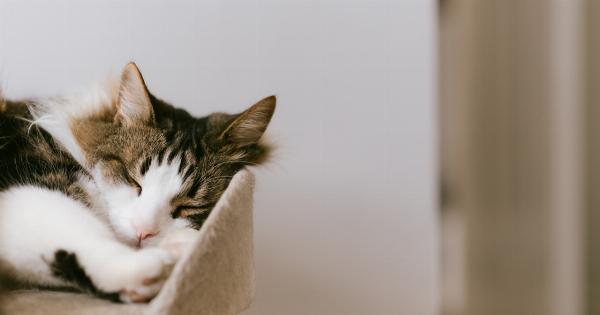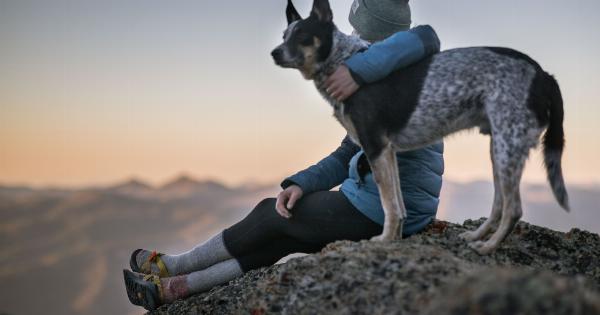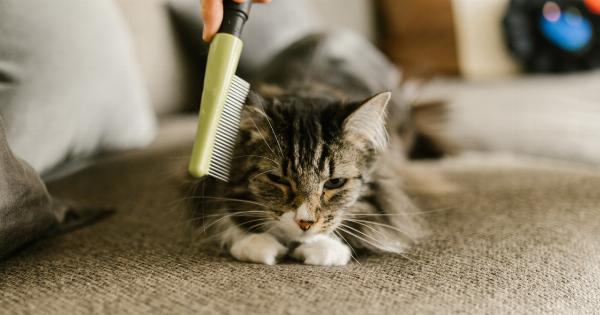The holiday season is a time for indulgence and celebration, and it’s all too easy to share the excitement with our furry friends. But not everything that we enjoy during the Christmas season is safe for our pets to eat.
Both dogs and cats have sensitive stomachs, and certain foods can cause them harm. As pet owners, it is our responsibility to ensure that our animals stay healthy and safe during the holidays, and that includes steering them clear of toxic foods.
1. Chocolate
Chocolate is a favorite indulgence for many people, but it’s one of the most toxic foods for dogs and cats. It contains a chemical called theobromine, which can cause vomiting, diarrhea, seizures, and even death in pets.
The darker the chocolate, the more dangerous it is for your pet. Even a small amount of chocolate can be deadly for a small dog or cat, so it’s best to avoid giving your pet any chocolate at all.
2. Alcohol
Alcohol can be very harmful to pets, and even a small amount can cause serious health problems. It can cause vomiting, diarrhea, difficulty breathing, tremors, and in severe cases, coma and death.
Make sure that any alcoholic drinks are kept well out of your pet’s reach, and never give your pet any alcohol intentionally.
3. Grapes and Raisins
While these may seem like harmless treats, grapes and raisins can actually cause kidney failure in pets. Symptoms may not appear immediately, but they can include vomiting, diarrhea, lethargy, and a lack of appetite.
If you suspect that your pet has ingested grapes or raisins, seek veterinary attention immediately.
4. Xylitol
Xylitol is a sugar substitute that is found in many sugar-free gums and candies. It’s harmless for humans, but it can be deadly to dogs and cats, causing seizures, liver failure, and even death.
If you suspect that your pet has ingested xylitol, seek veterinary attention immediately.
5. Onions and Garlic
Onions and garlic can be toxic to pets, especially in large quantities. They contain compounds that can damage red blood cells, causing anemia and other health problems.
Symptoms of onion or garlic toxicity may not appear for a few days after ingestion, but they can include vomiting, diarrhea, lethargy, and pale gums.
6. Fatty Foods
Foods that are high in fat, such as ham, bacon, and sausage, can be harmful to pets. They can cause pancreatitis, which is an inflammation of the pancreas that can be very painful and even life-threatening.
If you want to give your pet a special holiday treat, stick to lean proteins such as turkey or chicken breast, and avoid any fatty or greasy foods.
7. Nuts
Nuts can be dangerous for pets, especially macadamia nuts and walnuts. They can cause vomiting, lethargy, hyperthermia, and in severe cases, seizures.
Keep all nuts well out of your pet’s reach, and make sure to clean up any nut shells or crumbs that may fall on the floor.
8. Yeast Dough
Raw yeast dough can be very harmful to pets. If ingested, it can rise in their stomachs, causing bloating, vomiting, and even a life-threatening condition called torsion.
Make sure to keep all raw dough out of your pet’s reach, and never give them any bread or other baked goods that contain yeast.
9. Bones
While it may be tempting to give your pet a bone to chew on during the holidays, they can actually be very dangerous. Bones can splinter and cause choking, blockages, and other health problems.
If you want to give your pet a treat to chew on, make sure that it’s a safe and appropriate toy.
10. Fruitcakes and other baked goods
Fruitcake and other baked goods can be dangerous for pets, especially if they contain raisins, nuts, or alcohol. They can cause digestive upset, diarrhea, and other health problems.
Make sure to keep all baked goods out of your pet’s reach, and never let them eat any leftovers or scraps.
Conclusion
Keeping your pets safe and healthy during the holiday season requires a little extra effort and attention.
By avoiding these top Christmas foods that are toxic to dogs and cats, you can help ensure that your furry friends stay happy and healthy all year round.
